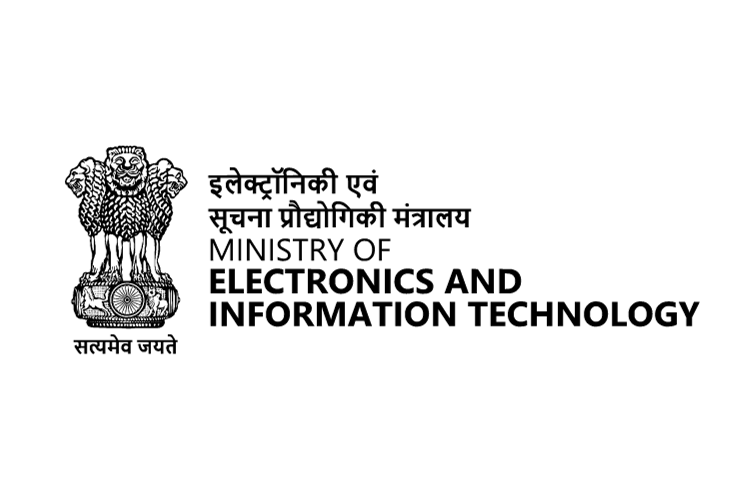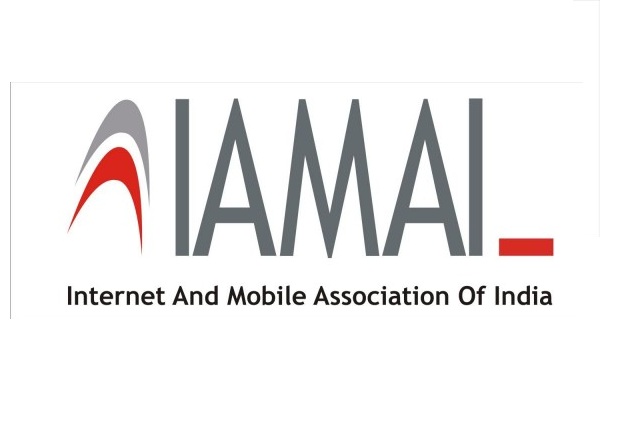The Internet and Mobile Association of India (IAMAI) has criticised calls for imposing revenue-sharing mechanisms between internet companies and telecom service providers (TSPs) as rent-seeking behaviour.
This is in response to the Telecom Regulatory Authority of India's (TRAI) consultation paper titled 'Regulatory mechanism for over-the-top (OTT) communication services, and selective banning of OTT services,'
IAMAI has also raised concerns regarding the demands made by the Cellular Operators Association of India (COAI) and the Indian Council for Research on International Economic Relations (ICRIER).
COAI has urged regulatory intervention to ensure that 'largest traffic originators' pay a 'fair share charge' to telecom companies, evidently to compensate for the capital investments made by TSPs in accommodating the surge in data traffic.
ICRIER has proposed the imposition of a 'broadband infrastructure levy' equivalent to 3% of India's operations of significant OTT service providers based on specialised contracts between service providers and network operators.
IAMAI's stance is that by compelling the largest OTT service providers to pay TSPs for data consumed by consumers, TSPs would essentially be double-charging for the same service, considering that consumers already pay TSPs for data access.
The association claims that the supposed strain on TSP infrastructure occurs when they sell data to consumers beyond their infrastructural capacity, a critical factor that has been conveniently overlooked.
Furthermore, IAMAI opposes the idea of subjecting OTT service providers to regulations typically reserved for telecom companies. The association asserts that such demands fail to acknowledge the distinct regulatory and licensing framework under which telecom service providers operate, primarily due to their control over national resources like spectrum.
Therefore, extending a telecom regulatory regime to OTT service providers would amount to excessive regulation, according to IAMAI.
IAMAI argues that implementing revenue-sharing mechanisms between OTTs and TSPs could potentially stifle this growth, acting as a glass ceiling for OTT-based businesses that rely on volume-based revenue sharing.




